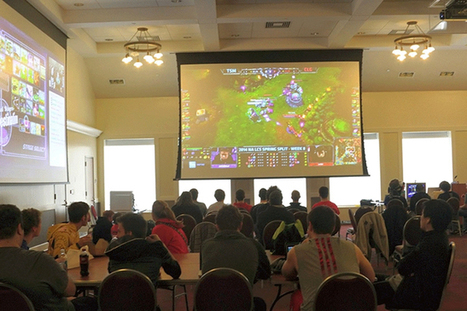gamNearly everyone who plays video games has had to fight off the perception that gamers are just loser loners who set up in their parents' basements. But while armchair debaters have long pointed out that just isn't the case -- citing the rise of social gaming, mobile gaming, the fact that the U.S. spent $13.5 billion on gaming in 2013 -- there hasn't been a lot of hard data on hand.
Until now.
Admittedly, citing data may not help fight the perception that gamers are nerds. But the results of a new study commissioned by the video game streaming network Twitch and conducted by noted social researcher Neil Howe (a.k.a. the man credited with coining the term "millenial") offer an entirely new picture of the gaming community. The study suggests that gamers actually tend to be more social, more successful and more educated than the non-gaming population.
The study, released Thursday by Howe's LifeCourse Associates consulting firm, surveyed more than 1,000 people via the Internet about their gaming habits and then pulled some basic demographic information. For purposes of this study, a "gamer" was defined as anyone who has played a game on a digital device in the past 60 days. Approximately 63 percent of those surveyed fit that definition.





 Your new post is loading...
Your new post is loading...








